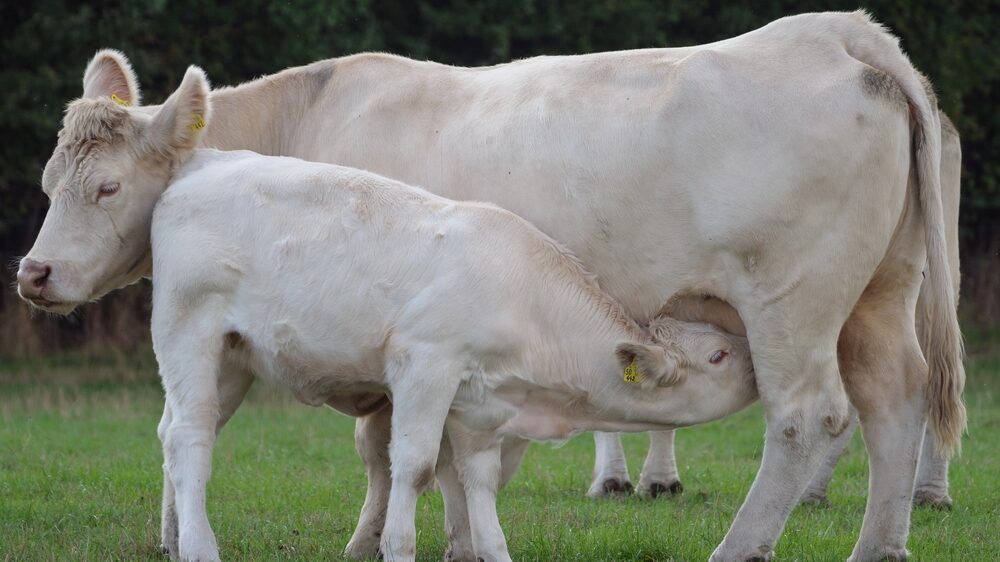
Meat could soon be off menus in German restaurants if the country’s Green Party has its way. The party revealed draconian new regulations to marginalise carnivores nationwide including a hefty new meat tax and advertising restrictions.
Former editor of the popular German tabloid Bild, Julian Reichelt, warned of outlandish new proposals being pushed by the German Ministry of the Environment this week. These proposals form part of a European trend against meat consumption. The proposals are unlikely to lift the German Green Party’s polling numbers, as the party feels the brunt of a collapse in public support.
According to Reichelt, the Green proposals would allow authorities to ban the advertising of meat on the public airwaves and segregate animal-based products at restaurants. German schools could instruct children against eating meat, which is akin to current climate indoctrination by which the reforms are justified on the premise of stopping climate change.
Meat has been increasingly targeted by powerful European Green lobbies in recent years with activists hoping to mimic the success they’ve had in vilifying fossil fuel companies. The Greens had suggested putting a tax on meat products, a move supported by elements within the Social Democratic and Christian Democratic parties.
German farmers have targeted the Ministry of Agriculture's office in Stuttgart. They are fed up with the government's ill-advised green policies that will kill their industry. There is no such thing as a green free lunch.pic.twitter.com/EBWpyrfdoj
— Steve Hanke (@steve_hanke) August 31, 2022
Across Europe, farmers and consumers are fighting back against plans to scale back meat production with many linking assaults on meat production to a form of social engineering by green ideologues. There is speculation that German farmers could replicate the direct action of their Dutch counterparts with emission regulations and the forced buyouts of non-compliant farmers causing a cascade of protests in the Netherlands.
Government plans to make a third of German farms organic by 2023 have already been met with despair, as attempts to restructure the agricultural sector have compounded inflation fears among German consumers.
But it’s not just meat products that have come under attack in Germany. A study by an environmentalist NGO broached the possibility of clamping down on carbonated water due to CO2 emissions linked to its industrial-scale production. The German green lobby has often been accused of economic self-sabotage with German consumers paying the price of poor energy policy.
